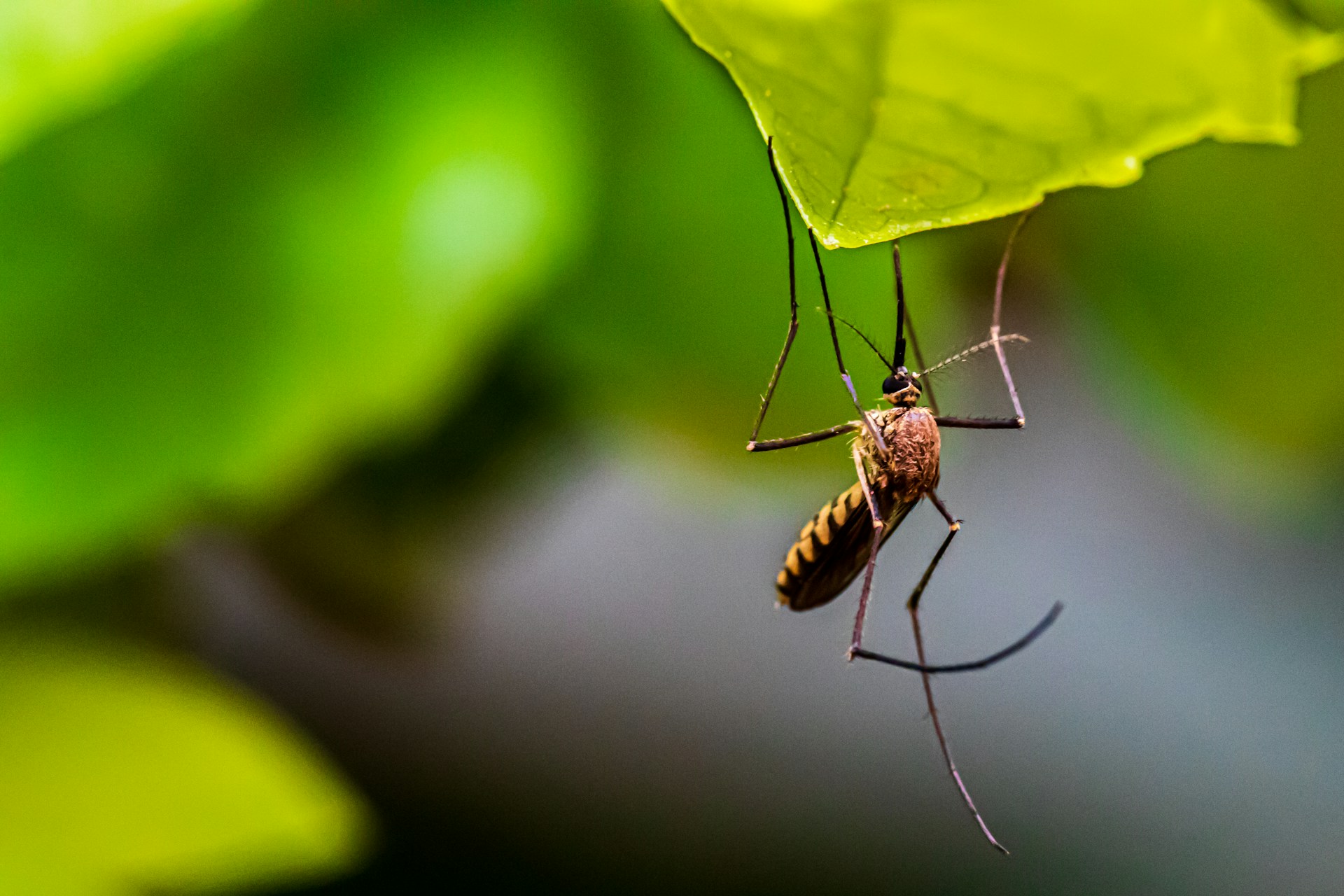Attachments
Note: Not all attachments are visible to the general public. Research URLs will go live after the embargo ends.

Journal/
conference: PLOS Neglected Tropical Diseases
conference: PLOS Neglected Tropical Diseases
Research:Paper
Organisation/s:
Monash University
Funder:
This work was supported by a grant award from the Commonwealth of Australia represented by the Department of Foreign Affairs and Trade titled; Operational pilot of Wolbachia technology to reduce the transmission of Aedes aegypti-borne diseases (“the Project”) awarded to SLO. The following authors received full or part salary from this grant for the work described here; WD, LT, TQ, RT, TN, EM, LK, TTA, VR, AT, WV, RP, ES, LN, AR, MH, NK, SCB, AGB, AM, MB, GW, LQD, JBB, DS, CF, NW, KR, PAR, JAD, RS, SKT, PK, YD, AK, LH. The funders had no role in study design, data collection and analysis, decision to publish, or preparation of the manuscript.



 Australia; Pacific
Australia; Pacific


